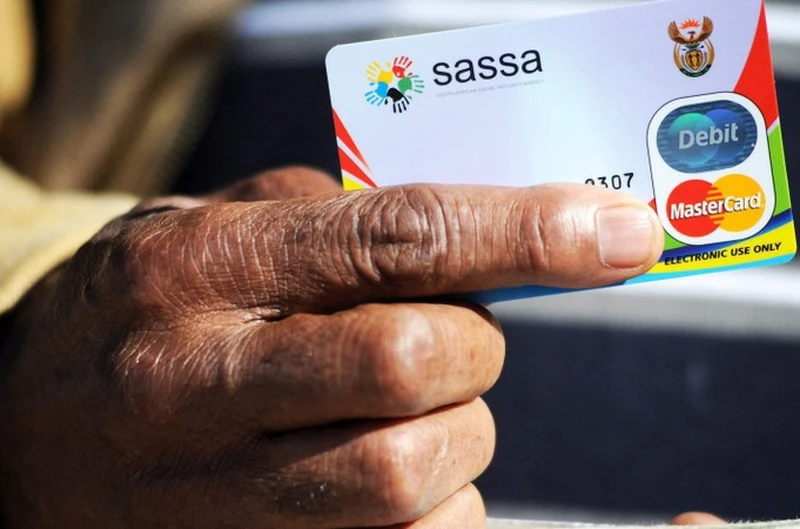SASSA Partnerships for Better Services
In South Africa, the South African Social Security Agency (SASSA) plays a pivotal role in providing social assistance to vulnerable citizens. Ensuring effective service delivery to millions of beneficiaries is a complex task, requiring close collaboration with civil society organizations (CSOs) and community leaders. This article explores how SASSA engages with these stakeholders to enhance service delivery and support the welfare of communities across the nation.
Understanding the Role of SASSA:
SASSA administers a range of grants and social assistance programs, including pensions, disability grants, and child support grants. Its mandate extends beyond mere distribution to ensuring that benefits reach those who need them most, efficiently and equitably. Training programs conducted in partnership with community leaders equip them with the necessary knowledge to assist constituents in check SASSA status accurately.
Importance of Collaboration:
Recognizing the multifaceted challenges faced by beneficiaries, SASSA acknowledges the value of partnerships with CSOs and community leaders. These entities possess grassroots knowledge, cultural sensitivity, and local networks crucial for effective service delivery.
Engaging Civil Society Organizations:
SASSA collaborates with a diverse array of CSOs, including non-profits, advocacy groups, and faith-based organizations. These partnerships foster a deeper understanding of community needs, facilitate outreach efforts, and enable targeted interventions.
Community Leaders as Catalysts:
Community leaders, including traditional authorities, local councils, and grassroots activists, serve as invaluable intermediaries between SASSA and the communities they represent. Their insights help tailor services to local contexts and bridge gaps in communication and trust
Platforms for Collaboration:
SASSA engages with CSOs and community leaders through various platforms, such as advisory committees, consultative forums, and joint projects. These platforms provide opportunities for dialogue, feedback, and collaborative problem-solving.
Capacity Building and Empowerment:
SASSA invests in capacity-building initiatives to empower CSOs and community leaders. Training programs, workshops, and resource-sharing initiatives enhance their effectiveness in advocating for beneficiaries’ rights and navigating bureaucratic processes.
Advocacy and Policy Influence:
Through collaborative efforts, CSOs and community leaders amplify beneficiaries’ voices, advocate for policy reforms, and hold SASSA accountable for service delivery. Their advocacy contributes to a more responsive and inclusive social security system.
Case Studies and Success Stories:
Highlighting successful collaborations between SASSA and its partners can inspire replication and innovation. Case studies showcasing improved access to services, reduced red tape, and enhanced beneficiary satisfaction underscore the tangible impact of collaboration. Community leaders collaborate with SASSA to disseminate information on how beneficiaries can check SASSA balance, promoting financial empowerment within communities.
Challenges and Opportunities:
Despite its benefits, collaboration with CSOs and community leaders presents challenges such as resource constraints, conflicting priorities, and power dynamics. Addressing these challenges requires sustained commitment, transparent communication, and mutual respect.
Conclusion:
In conclusion, SASSA’s engagement with civil society organizations and community leaders is instrumental in improving service delivery and promoting social inclusion. By harnessing the expertise, networks, and local knowledge of its partners, SASSA can fulfill its mandate more effectively and advance the well-being of South Africa’s most vulnerable populations. Continued collaboration and innovation are essential to building a more responsive and resilient social security system for all.






